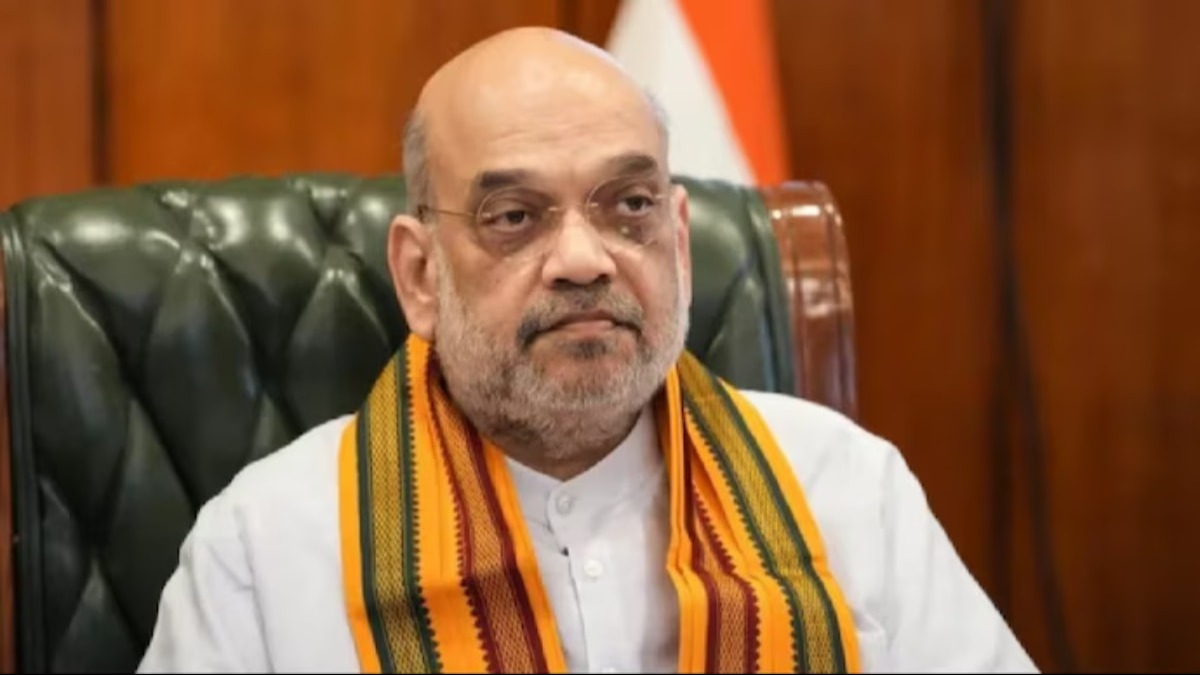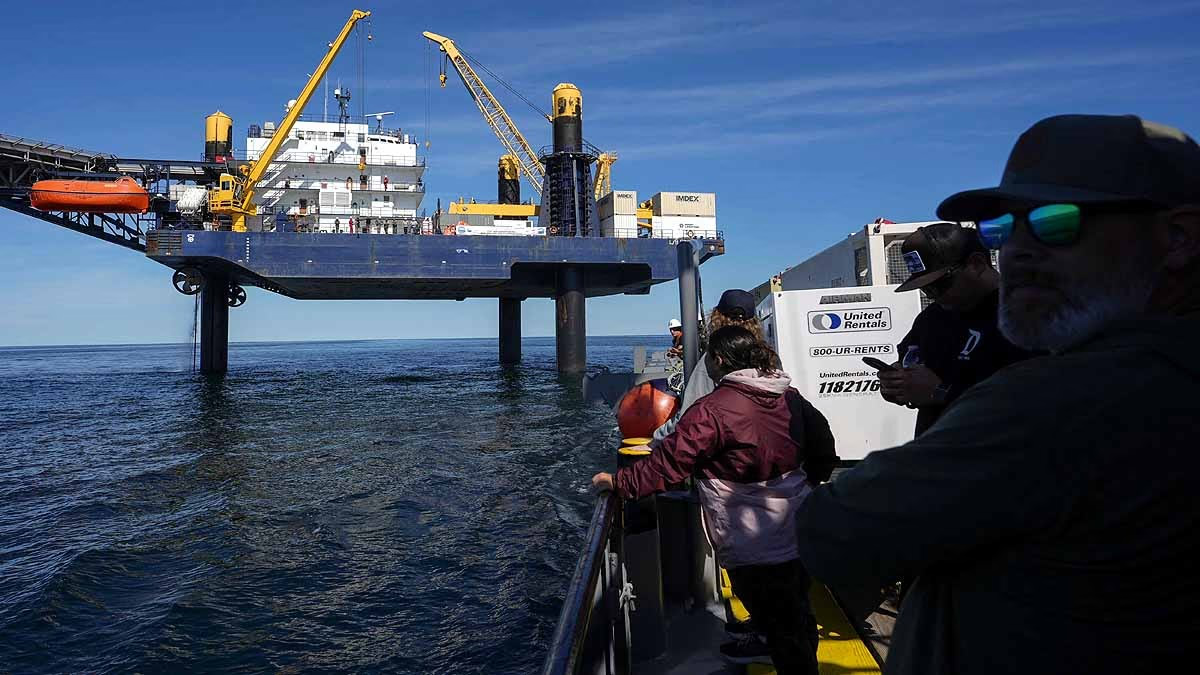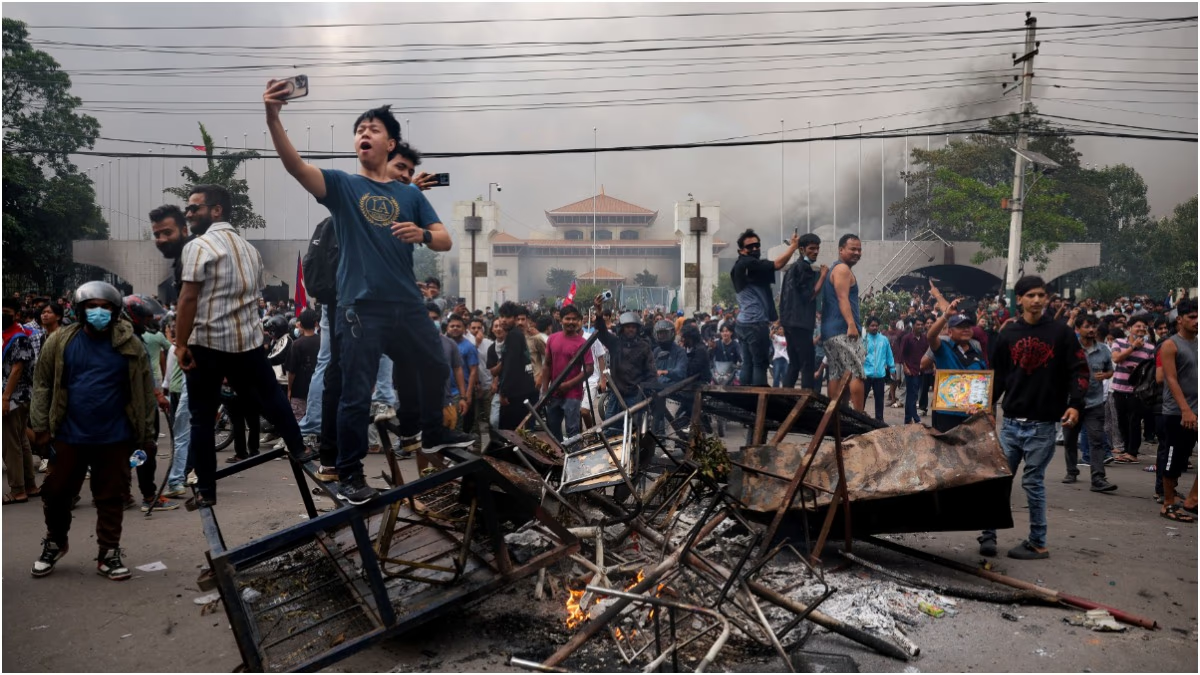The opposition continues to challenge the Citizenship Amendment Act, posing questions about its implementation. Some chief ministers assert they will not allow it to be enforced in their states. Home Minister Amit Shah clarified in a discussion with news agency ANI that the opposition is expected to cooperate with the CAA after the elections. He emphasized that states do not have the right to refuse implementation, and that only officials affiliated with the Central Government will fulfill duties related to this process.
Question:
Kerala, Tamil Nadu, and West Bengal claim they won't implement the CAA in their states. Do they have the authority to refuse?
Answer:
They understand they don't have the right. Article 11 of the Constitution grants the Indian Parliament the exclusive power to legislate on matters of citizenship. It is a centralized matter, not shared with the states, embedded in the Constitution through Article 246/1 and included in Schedule 7, thus exclusively empowering the Central Government.
Read Next: 'CAA will never be repealed, the opposition is engaged in the politics of appeasement...', Amit Shah's candid statement
Question:
Will states handle verification, checking, etc., on the ground?
Answer:
What needs verification? In interviews, people will themselves claim they came from Bangladesh and also showcase their old documents. Although the interviews may occur in the states, the Indian Government will carry out these tasks.
Question:
So no need for cooperation because it has to be done anyway?
Answer:
I believe that post-election, everyone will cooperate. What's happening now is misleading propaganda for political purposes—it's the politics of appeasement.
Read Next: What political implications do Arvind Kejriwal's statements on CAA hold? A detailed analysis
Question:
Have refugees from Bangladesh, Pakistan, and Afghanistan gone to Tamil Nadu, which has become a significant issue for its chief minister?
Answer:
I don't want to overlook any possibilities. If there's even one individual there, we will grant citizenship.
Question:
Congress General Secretary Jairam Ramesh deems it unconstitutional. Shashi Tharoor says if Congress comes to power, they will repeal the CAA?
Answer:
Look, they know that Congress or the India Block won't form the government. I'd like to state today that BJP's government brought this law into effect. Repealing it is an impossible task. We will enlighten the entire nation and ensure that those who seek to repeal it will find no foothold anywhere. Regarding the constitutional issue, they cite Article 14, forgetting that the article contains two exceptions. One is the reasonable classification exception, and the other requires a logical correlation with the objectives of the law. Thus, it does not violate Article 14. The reasonable classification clearly specifies the law aims to aid those cut off due to the partition in erstwhile territories of India—Afghanistan, Pakistan, and Bangladesh—those who have sought refuge in India due to religious persecution have been considered in this law.
Read Next: BJP and opposition are head-to-head over CAA, with relentless verbal clashes; see details
Amit Shah refutes accusations of using the CAA to create a new vote bank, stating that contrary to the opposition's history of unfulfilled promises, Prime Minister Modi's guarantees always come to fruition. He also criticized the opposition for lacking any agenda and equating political initiatives like surgical and airstrikes or the removal of Article 370 purely with electoral gains, highlighting the BJP's historical commitment to its policies and promises.
Home Minister asserts that while Mamata Banerjee and Owaisi's opposition is understood, he questions Arvind Kejriwal's stance against the CAA.




